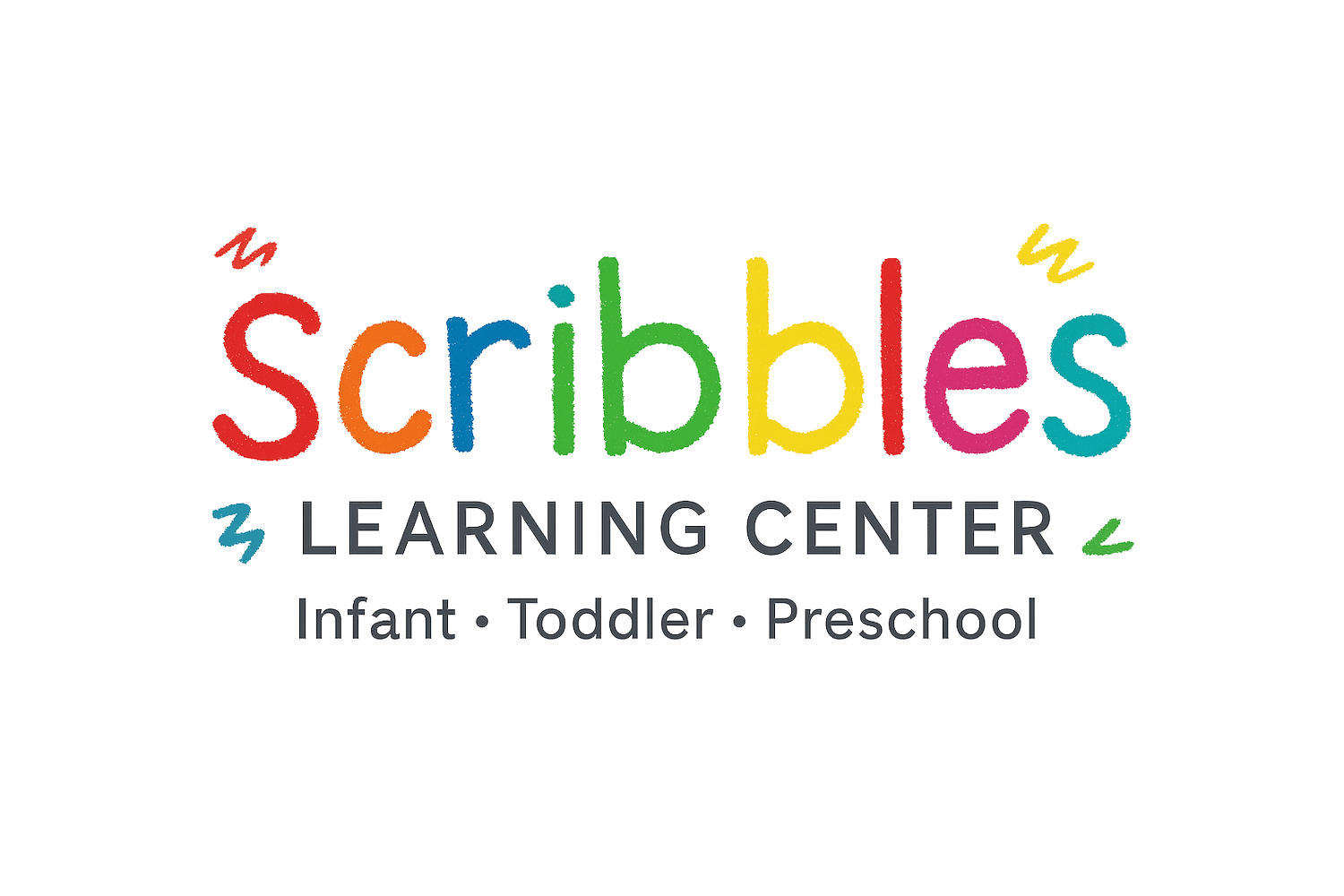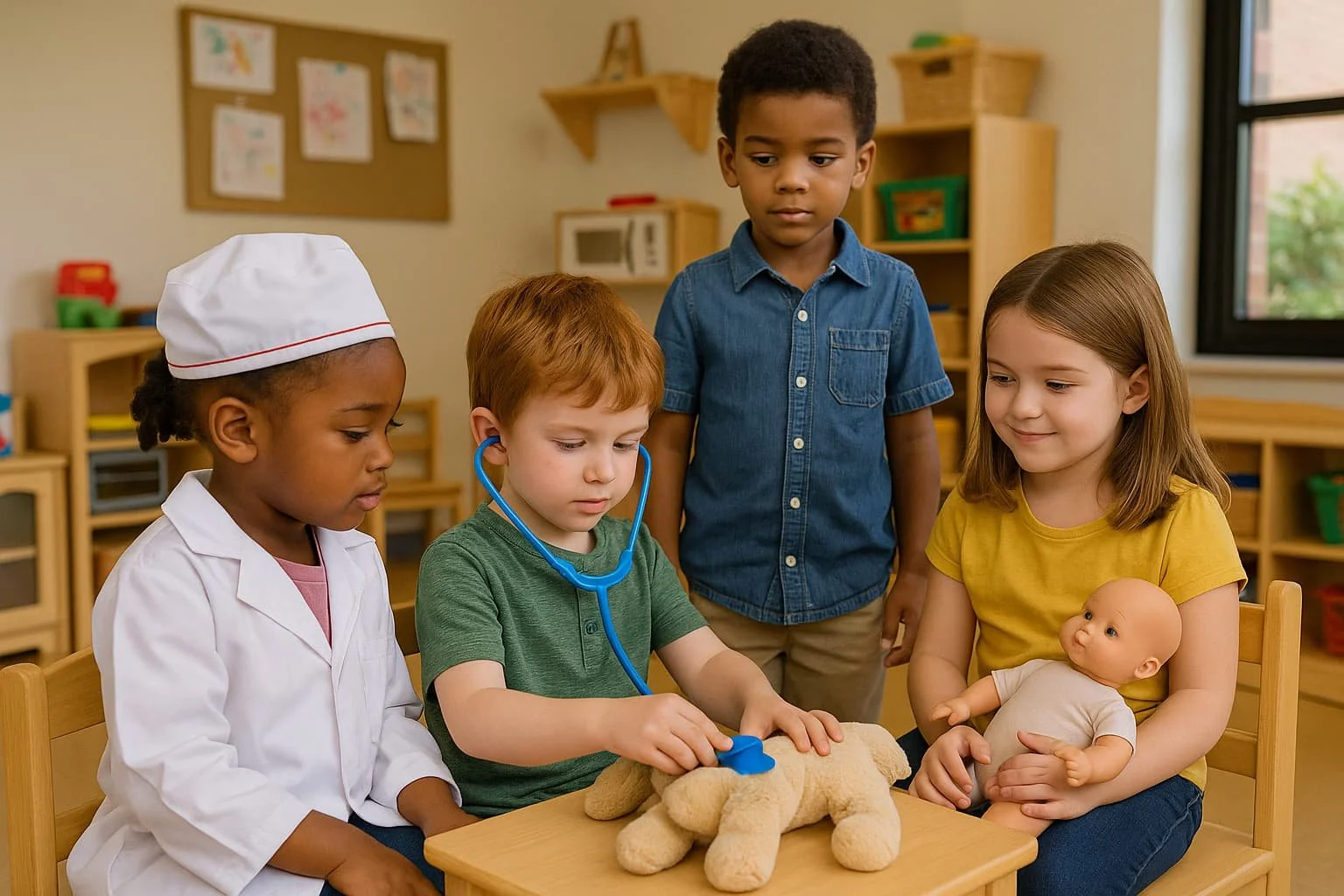The Power of Pretend: Why Role Playing Is Essential in Early Childhood
At Scribbles Learning Center, play is not just fun-it's a powerful tool for learning. One of the most important types of play we nurture in our classrooms is role playing. When a child becomes a chef, a doctor, a parent, or even a superhero, they're doing far more than pretending-they're building essential life skills.
What Is Role Playing?
Role playing, also known as dramatic play or pretend play, happens when children take on different roles and act out scenarios they've observed or imagined. It might look like a group of preschoolers turning the play kitchen into a bustling restaurant or toddlers caring for baby dolls like loving caregivers.
But underneath the costumes and props, big things are happening.
Why Role Playing Matters
Role playing helps children:
Develop Social Skills
By working together in pretend scenarios, children learn cooperation, sharing, turn-taking, and empathy.Build Language and Communication
Role playing encourages conversation, storytelling, and the use of new vocabulary.Boost Emotional Intelligence
Acting out different roles helps children understand and express feelings, as well as recognize the emotions of others.Strengthen Problem-Solving Abilities
Children negotiate roles, create storylines, and solve pretend problems-practicing the very skills they'll need in real life.Explore the World Around Them
Pretend play helps children process and make sense of their experiences-like going to the doctor, visiting a grocery store, or being part of a family.
The Role of the Teacher
At Scribbles, our teachers create rich dramatic play environments that reflect children's interests and daily life. We rotate props and themes to keep things fresh and meaningful-sometimes it's a vet clinic, other times it's a post office or a fire station.
Teachers observe, guide, and ask open-ended questions to deepen the play:
"What does the baby need now?"
"How will the customer pay for their food?"
"What should we do if there's a fire?"
These questions support critical thinking while allowing children to lead the experience.
How Families Can Encourage Role Play at Home
You don't need fancy toys to encourage pretend play. With a few household items-like scarves, boxes, stuffed animals, and a little imagination-children can become anything they want to be.
You can:
Join in the fun and let your child lead the play.
Offer gentle prompts like, "What happens next in your story?"
Provide books, real-life experiences, and conversations to inspire new role-play ideas.
Pretend Play, Real Growth
At Scribbles Learning Center, we understand that play is the work of childhood. Through role playing, children develop essential skills that prepare them for school-and life. It's not just cute, it's critical.
So the next time you see a firefighter rescuing a teddy bear or a doctor checking a toy's heartbeat, smile big-you're watching a child grow.

